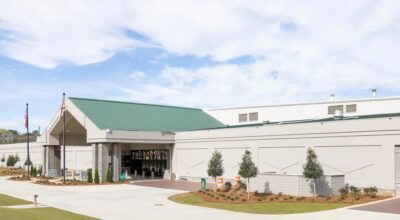Tips to spring into this year’s garden
Published 12:35 pm Wednesday, April 14, 2010
Warmer days mean it’s time to start preparing for spring planting.
The best time of year to plant trees and shrubs is in the late fall and winter, this is because the plant leaves and stems go dormant, but its root continue to grow. This allows time for the roots of the plant to get established. But if you run out of time, do not worry, planting can continue on into the spring.
If you have not pruned those shrubs yet, remember the “May Rule” or you may be removing this year’s buds. The “May Rule” is “If it blooms before May, prune it right after it blooms, if it blooms after May, it can be pruned when it is dormant in the fall or winter.” But some plants are exceptions to this rule, so always check before pruning to make sure.
It is also a great time of year to get your soil tested.
Soil tests are available through the Alabama Cooperative Extension System for $7. It is a good idea every few years to test the soil to see what additional nutrients might be needed to improve the growth of your grass and plants.
As for vegetable gardening, it is time to plant those seeds and transplants once the threat of a late season frost has passed, this is usually mid April but can vary from year to year.
Some seeds can be started now if you have them inside in a sunny place or if you have a green house, but if you plant them outside too early you will only be wasting your time and money, because the soil temperature is not warm enough for the seeds to germinate.
Use a rule of thumb of a night air temperature minimum of 55 degrees. By then, the days are a lot warmer and the soil is warmer than the coolest night air.
Applying new mulch in March and April around existing shrubs, a perennial or annual bed, a large planting of new shrubs, or your vegetable garden each year is always a good idea.
This will help prepare your plants for the hot summer temperatures that are quickly approaching along with many other benefits.
For more information you can call the Alabama Cooperative Extension Master Gardener Helpline at: 1-877-ALA-GROW.









